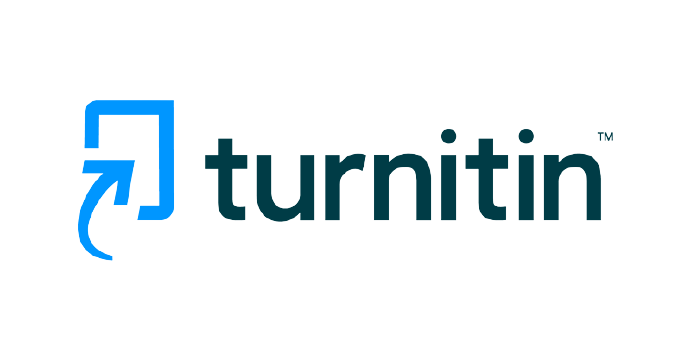HAK ANGKET DPR VS KEBERADAAN KPK RI DALAM SISTEM KETATANEGARAAN INDONESIA
DOI:
https://doi.org/10.33541/tora.v3i2.1153Abstract
Abstract
Indonesia is a country that is limited by the constitution, in accordance with the provisions of Article 1 paragraph (2) and (3) of the 1945 Constitution. What is carried out by the executive, legislative, and judicial institutions with different roles, functions and tasks that do not intervene with each other, but are interconnected and intersecting. For example, the DPR Questionnaire Rights to the KPK raises pros and cons, because there are those who think that the KPK cannot be submitted to a questionnaire, but there are those who think that the KPK can also be asked for a questionnaire by the DPR. Questionnaire rights are one of the rights owned by the DPR in carrying out the supervisory function by conducting an investigation of the implementation of a law and/or government policy relating to important, strategic, and broad impacts on the life of the community, nation and state that are allegedly contradictory with the law. KPK is a state institution formed based on the Law so that it is an Organ of Law, but that does not mean that the state institution has no legal or unconstitutional position. KPK is not explicitly mentioned in the 1945 Constitution, but both have constitutional importance in the constitutional system, and even the Constitutional Court states that the term state institution is not always mentioned in the 1945 Constitution, but also formed on the basis of orders from regulations under the constitution. Thus the existence of the KPK as an institution tasked with eradicating corruption is not outside the constitutional system, but instead is placed constitutionally and acknowledged its existence in the constitutional system as one of the state institutions.
Keywords: DPR, Hak Angket, KPK









